Mario Vargas Llosa: Questioning history
The defining feature of Vargas Llosa's writing is the perilous struggle with an increasingly oppressive reality.
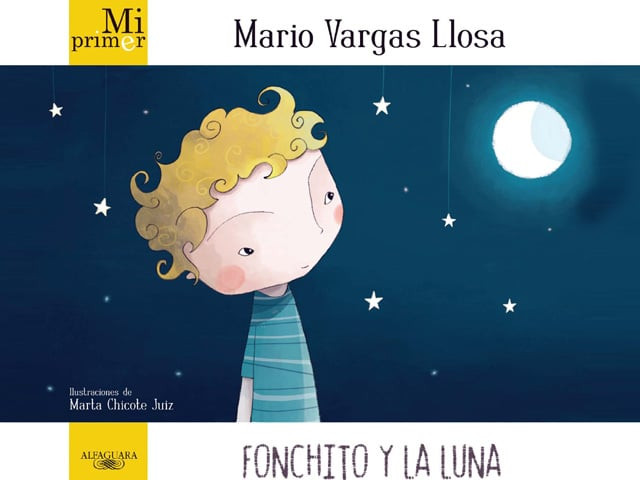
Along with many Latin American writers, including the famous Colombian writer Gabríel Garcia Márquez (Nobel Laureate 1982), Vargas Llosa worked as a journalist before he became a writer. Like Garcia Márquez he was initially influenced by modernist writers, especially William Faulkner and his radical treatment of intricate change in time. He wrote his doctorial thesis on Gabríel Garcia Márquez but, unlike him and many other writers from the Latin American boom, Vargas Llosa does not interlace reality with fantasy in the tradition of magical realism. His ethical obsession and general interest is politics and its impact on common people.
Vargas Llosa started his literary career at the age of 27 with the publication of his first novel The Time of the Hero in 1963 which became a big success. Now 74, Vargas has published over 30 novels, essays and plays, including Conversation in the Cathedral, Captain Pantoja and the Special Service, Aunt Julia and the Scriptwriter and The Feast of the Goat.
The defining feature of his writings is the perilous struggle with an increasingly oppressive reality that is sworn to the antagonism of the individual and his efforts to synthesise or reconcile with that reality.
Vargas Llosa writes mostly in response to the crucial problems faced by the Peruvian society and how ordinary people feel about these political problems. He has primarily worked within the trends of both modern and postmodern narrative, employing the former as a tool of critique, of unraveling the corruption of the political, and the latter as the indulgence in the playful side of experimentation, turning an aspiration to reveal the hidden truth of the world to the unmistakable commitment to heterogeneity, fragmentation and difference. Along with his narrative method, he broadened his thematic range and began to analyse the problems that are faced by everyone, irrespective of their geographical location.
Earlier on a Marxist and a supporter of the Cuban revolutionary government of Fidel Castro, Vargas Llosa noticed the disparity between social idealism and public freedom and became an enthusiast of liberalism and democracy over the years. He opposed the nationalisation of public banks in Peru at one point. Often labeled a neoliberal, he ran for the presidency of Peru in 1990 but lost to Alberto Fujimori.
An ardent reader of Sartre, Vargas Llosa delves into the essence of existence through his novels. For him, the novel represents an exploration of the possibilities of human existence through various characters and their relation to their immediate location in time. Through its great thematic range, his fiction takes us beyond the existential presence of his characters to question the very essence of history.
Along with his novels, Llosa’s non-fiction, numerous interviews and adventure into professional politics, present an accurate picture of his immediate ideological context.
His gift for seeing things from a different point of view and providing a fresh perspective on the familiar marks him as one of the best Latin American writers. Extremely rewarding to read, Llosa’s works examine the vulnerabilities of power and their impact on people. Cultural specificity and historical rootedness are the hallmarks of his writing.
Published in The Express Tribune, November 7th, 2010.



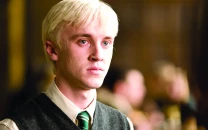
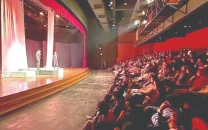
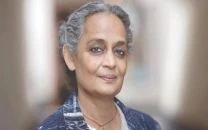
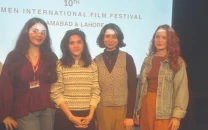












COMMENTS
Comments are moderated and generally will be posted if they are on-topic and not abusive.
For more information, please see our Comments FAQ